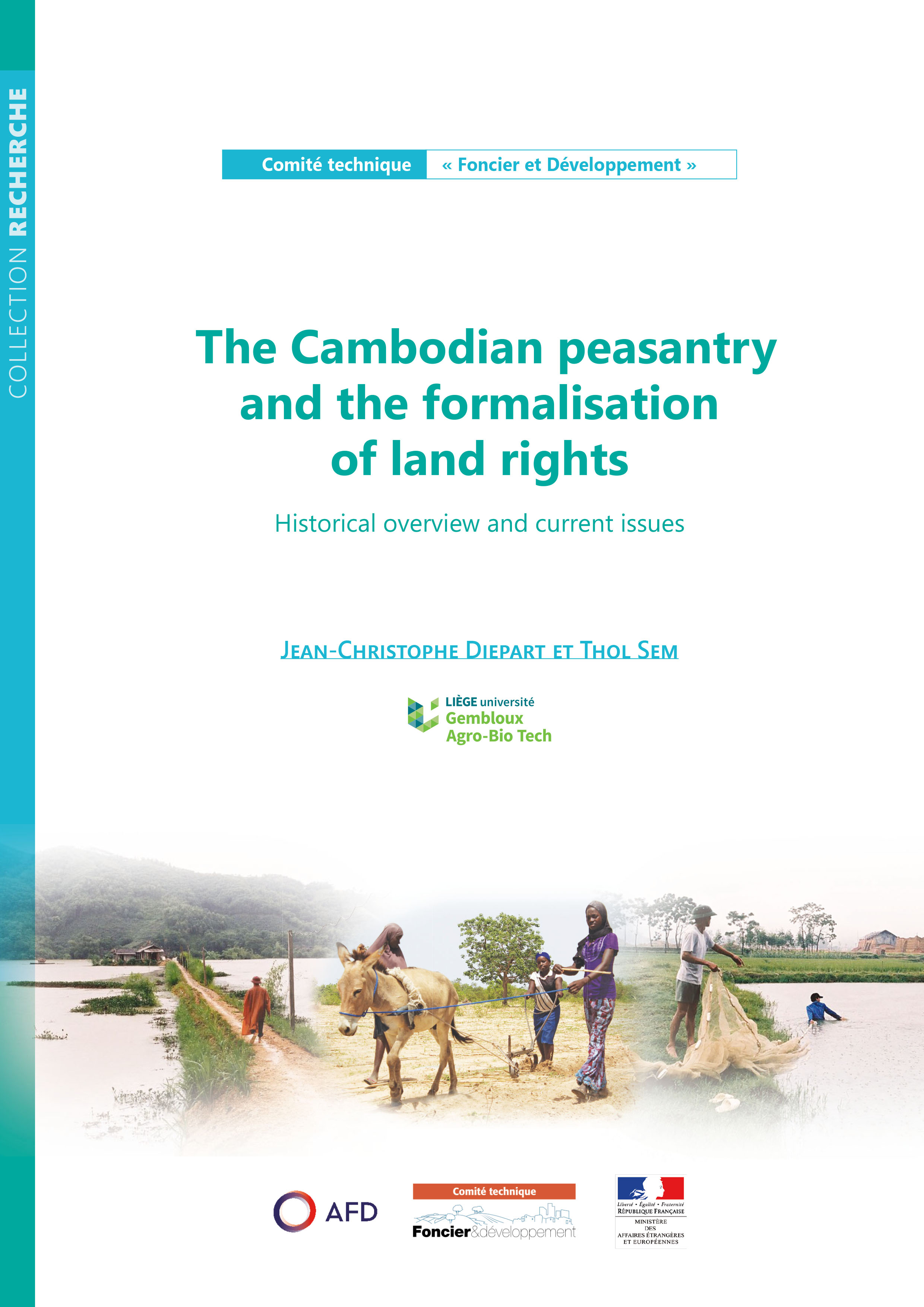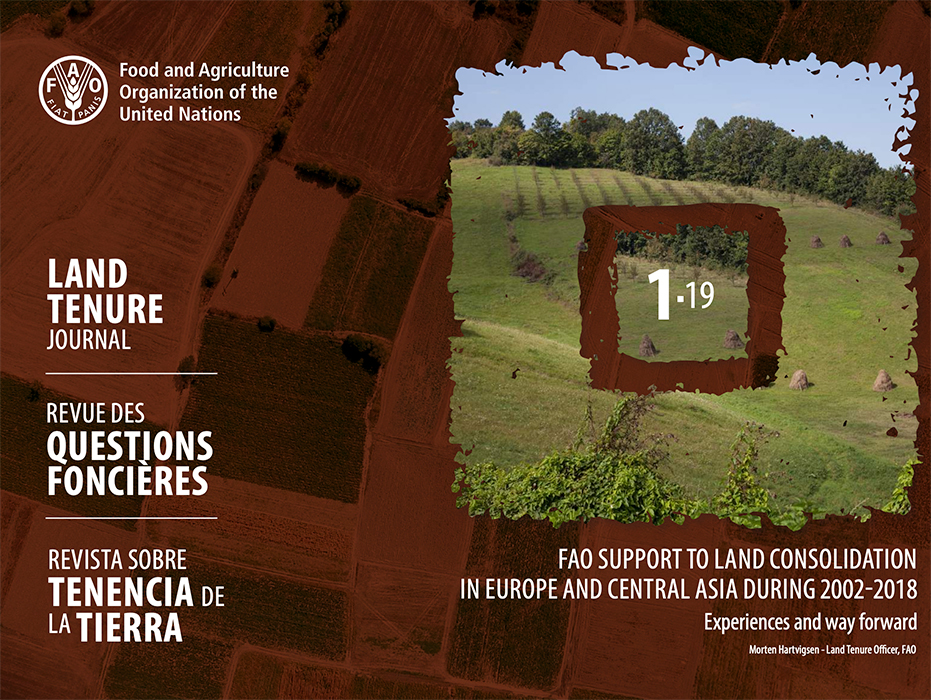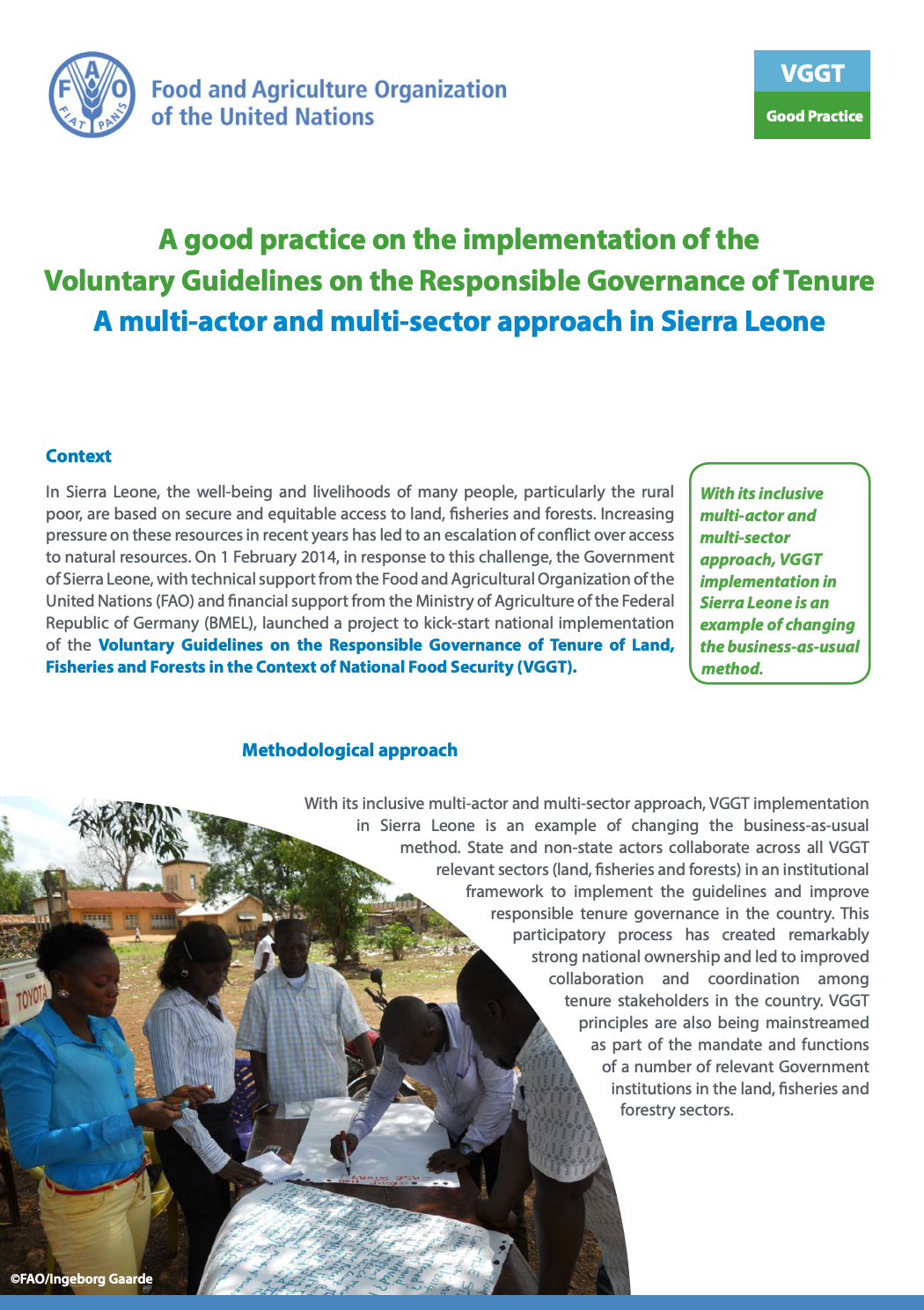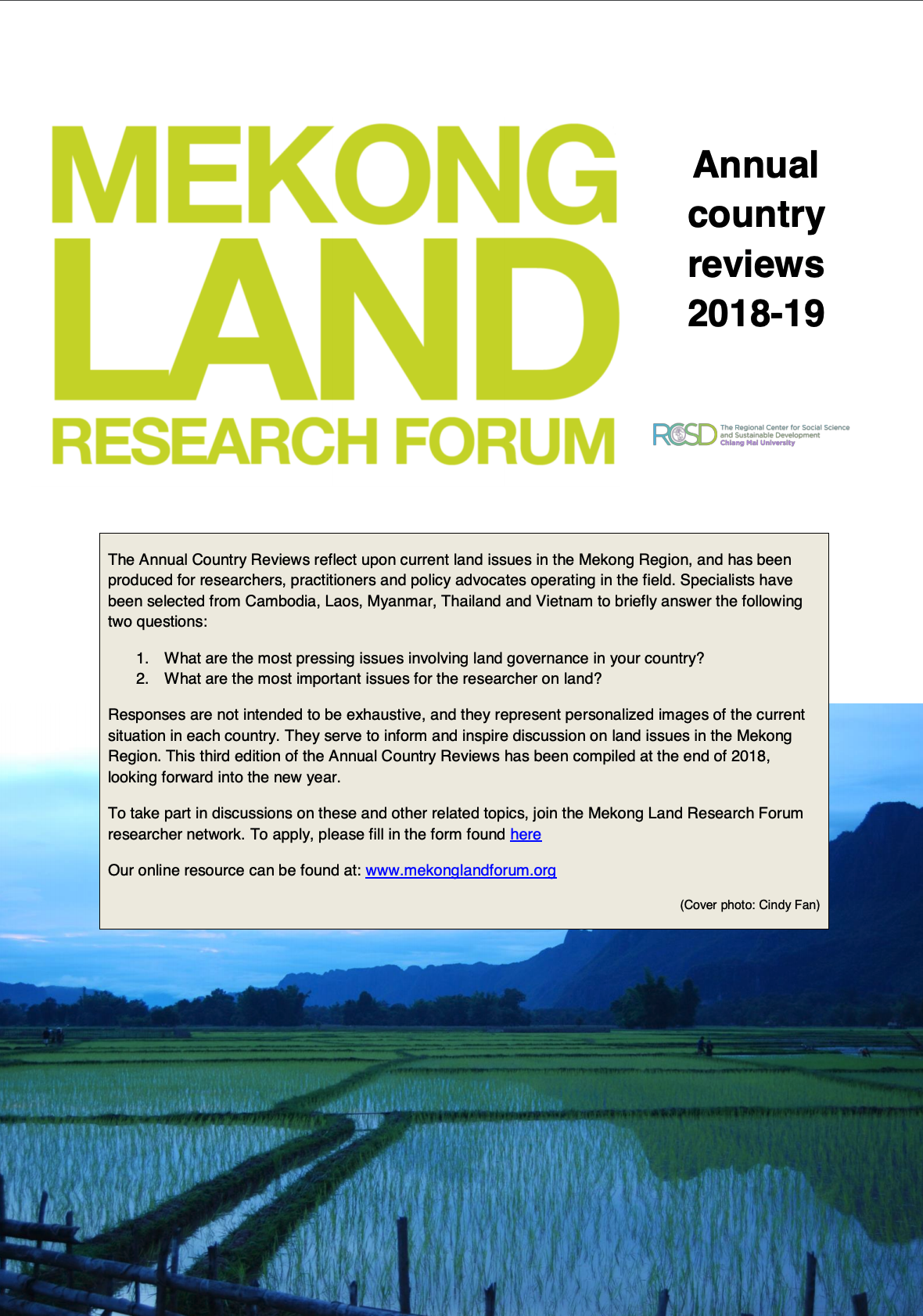The Cambodian peasantry and the formalisation of land rights : Historical overview and current issues
The central objective of this working paper produced by Jean-Christophe Diepart and Thol Sem, is to examine the recognition and formalisation of peasants’ land rights against the backdrop of Cambodian history and political economy of land and agrarian change.
It aims to understand how colonialism, war, socialism and the regional integration against a neoliberal background have shaped the land rights of smallholder farmers in contemporary Cambodia.






